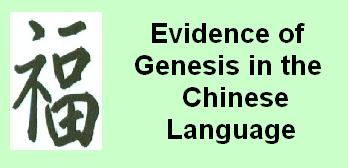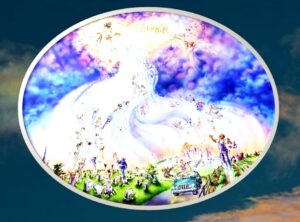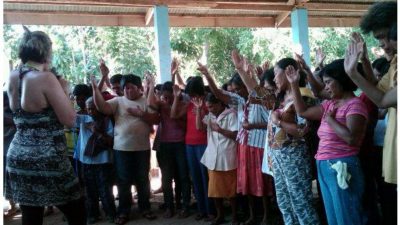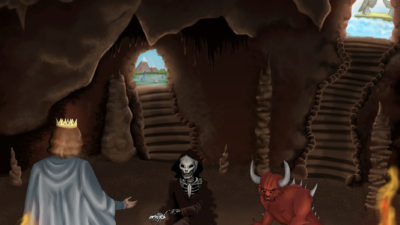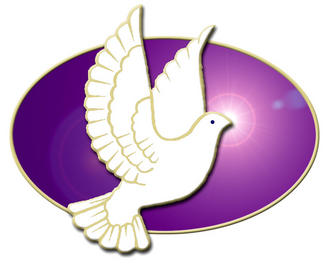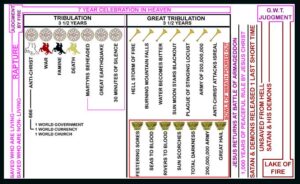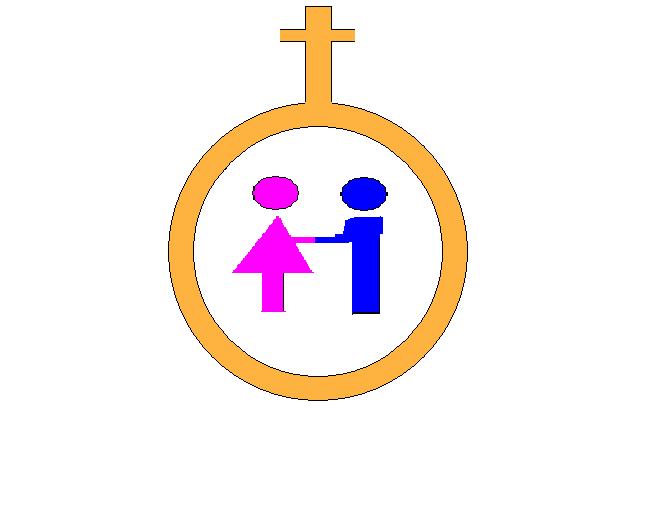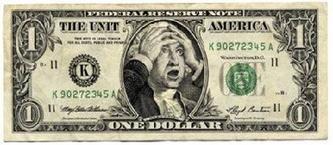 From the Greek word ‘anastasis‘ we translate into resurrection. The English word anaesthetic comes from here (US anasthetic). In hospitals, we use an anasthetic to make the body dead temporarily to go under repair (surgery), and at a set time to come back to life.
From the Greek word ‘anastasis‘ we translate into resurrection. The English word anaesthetic comes from here (US anasthetic). In hospitals, we use an anasthetic to make the body dead temporarily to go under repair (surgery), and at a set time to come back to life.
Jesus gave His body to death temporarily to repair the gap that was between us and our Father, came back to life and set us free. He took the keys of hell and death from the enemies that stole them (Rev 1:18) and gave the gifts (Eph 4:8) and the spoils of the enemy to men (Luke 11:22).
Jesus said “he that lives and believes in me shall never die” (John 11:26). If our body dies before the rapture, the body will sleep in a state of ‘anasthesia‘ knowing that at a set time those who are dead in Christ shall rise or resurrect (1 Thess 4:16 anastasis). Our body goes back to the dust and our spirit shall go back to God who gave it (Eccl 12:7 / 2Cor 5:8) until that set time.
When we take anasthetic from God (A word that crucifies our flesh or worldly way of thinking) it lasts for a set time until we remember it and stir it up (2 Pet 1:13,3:1) and meditate on it (Ps 119:99). If we don’t stir it up our heart will get
hardened like a pot of chilli when you remove the flame. God wants to add flavor or ‘blessings’ to our pot, but we must stir up that gift (2 Tim 1:6) that in us and keep it fresh, because the people we serve appreciate the freshest and warmest spiritual food available. Enjoy daily bread and live off today’s anointing.
Keep the baptismal fire of the Holy Ghost in you (Luke 3:16), shut it up in your bones (Jer 20:9) like Jeremiah, whose name meant ‘God will rise‘. Whenever he heard his name it stirred up his faith. Keep the fire burning saints! Help those who have fallen in many ways to rise with us. When God is finished with our ‘pot’ He will say well done! (1 Cor 3:13)

